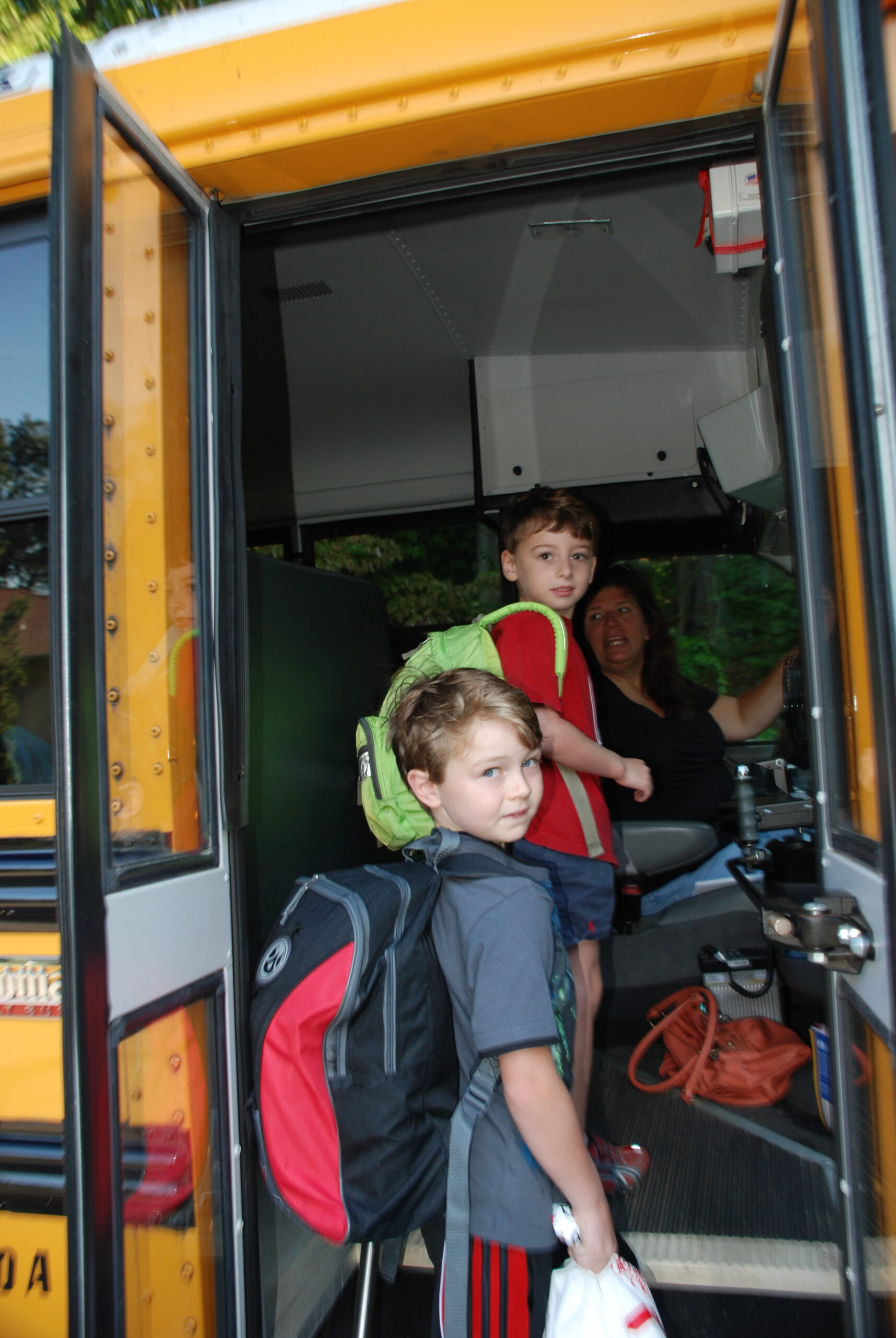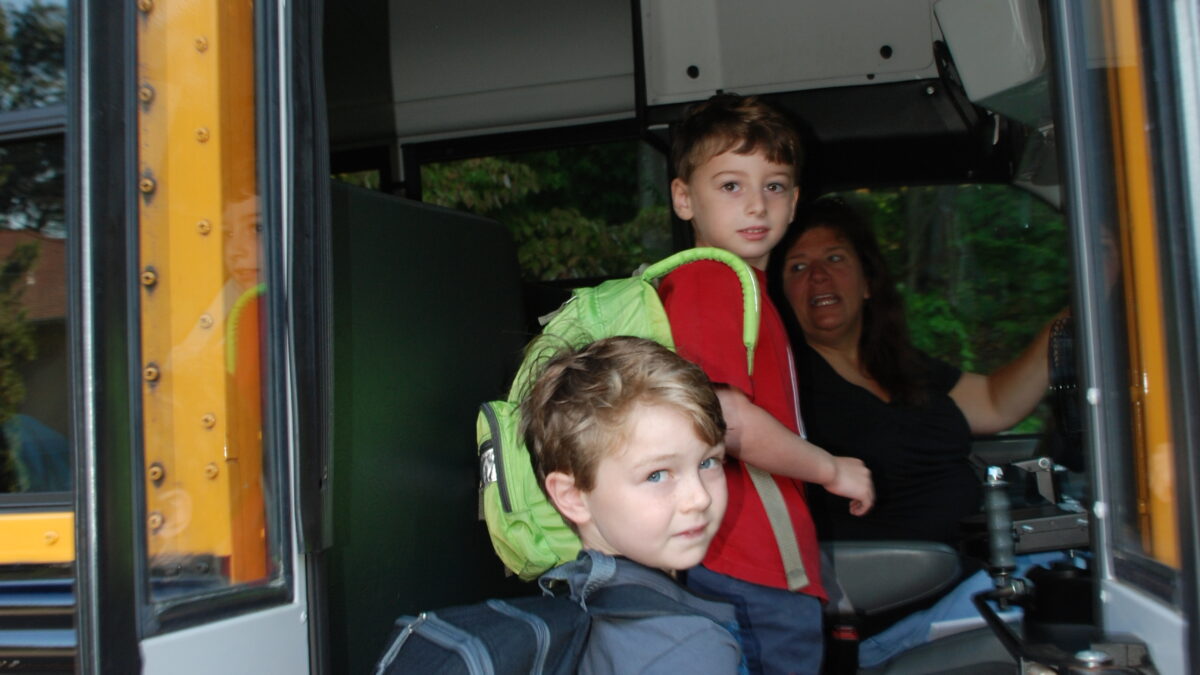
Vacationing with Your Neurodiverse Kids
August 5, 2025
Does My Child Have a Learning Disability?
August 26, 2025Back to School with Confidence
By Carol S. Siege, PCC
Founder, Family Pathways Coaching, LLC
Raising four sons, I have been through a lot of “first days of school” — 68, if you can imagine that. For my neurodiverse kids, transition can be especially challenging, which meant the first Tuesday after Labor Day carried particular weight in our home. Some years were overwhelming, even intimidating, like the first day of kindergarten and the first day at boarding school. Other years were full of anticipation, like the first day of senior year of high school. All those new beginnings have brought with them some important learning moments. The most important lesson, one that rang true every single year: “By failing to prepare, you are preparing to fail.” It may sound intense, but Benjamin Franklin was a wizard of wisdom.
Read on for some ways you can help your neurodiverse children – and yourself – look forward to the school year with confidence and readiness.
- Prepare Early for Changes to Routines
Summer hours are different than during the school year. Summertime may include late nights by a campfire or sleepovers with relatives; and it usually means lax rules and extended boundaries. Come September, kids need to get to bed at a regular time and wake up ready for the school day. Start the process of earlier bedtimes a week or so before the big day so kids can ease into a new sleep schedule and remember what it’s like to have a set bedtime and the need to be up in time for busses or walks to school. Discuss this new schedule with your child -- even your youngest -- to help them understand the reasons behind these newly imposed routines. Both independence and compliance start with awareness.
- Request Early School Visits
If possible, plan to visit your school before the first day of classes. You may need to coordinate through your district’s Special Services Department or directly with your child’s teacher. Familiarity is essential for our neurodiverse children, and having a look before the chaos of the first day and a full classroom can be a huge help, even for older children. Be sure your child has time to walk around the school, as well as the classroom itself. Say hello to your new teacher(s), help your child find their cubby, desk, or locker, and talk about the pattern of the day: Will they start with free play or on the carpet? When and where will they eat lunch? And don’t forget the basics like where the bathroom is and how to open a locker combination. Elementary age kids may also enjoy time at the playground, which can help them associate school with fun.

3. Introduce Both You and Your Child
Consider your child’s teacher(s) as part of your support team. Send an email before the first day of class to introduce yourself and your child and to provide important information to help transition into the new school year. Remind teachers if your child has accommodations through either an IEP (Independent Education Plan) or 504 Special Needs classification. Offer tips that can help both teacher and child. Does your child need a few minutes to warm up before being approached? Is your child sensitive to loud noises or physical contact? Perhaps you have a special word or gesture you can share that will remind your child to lower their voice or keep their hands to themselves. Make sure to include your preferred contact method and any hours when you are reachable in case there are questions.
4. Check-in After the First Month
Your child will need time to adjust to a new school experience, new teachers, and new classmates. Give both teacher and child time for this getting-to-know-you period before reaching out to school personnel. But don’t forget to schedule a phone call or meeting a few weeks into the school year. Share both the good and the bad from your child’s experiences so your child’s teacher(s) will know what is working and what needs adjustment. And be open to hearing how things are going in the classroom, both the highs and the lows. It’s not unusual for a child to have had a successful day at school, only to come home to their safe place and fall apart from exhaustion. Likewise, a child may be acting up in school out of anxiety or overwhelm but find comfort and calm at home. These are all important learning moments to help refine time during and after school.
The new school year can be simultaneously exciting and scary, but with proper planning our kids can start the school year with confidence… and so can you!




